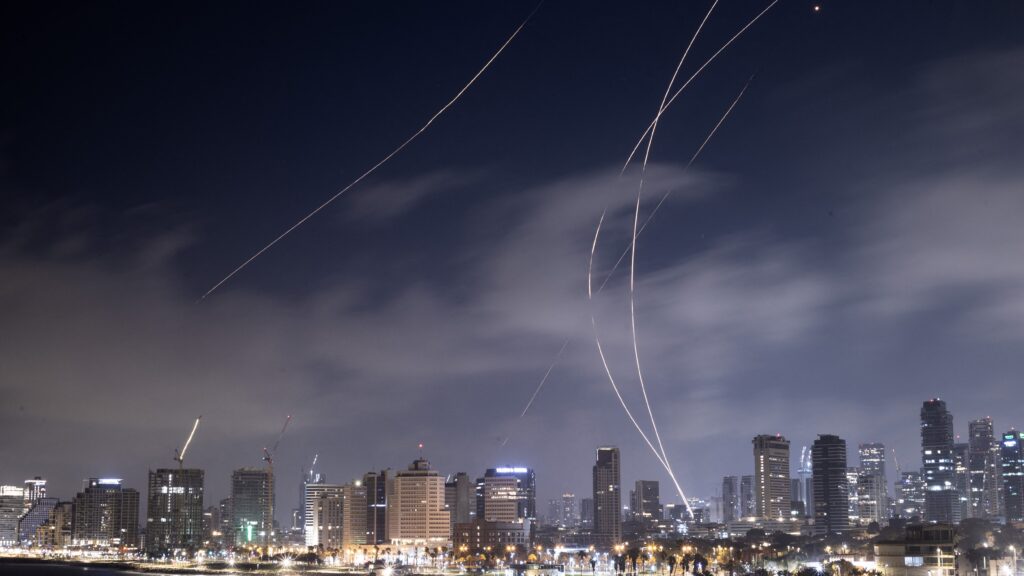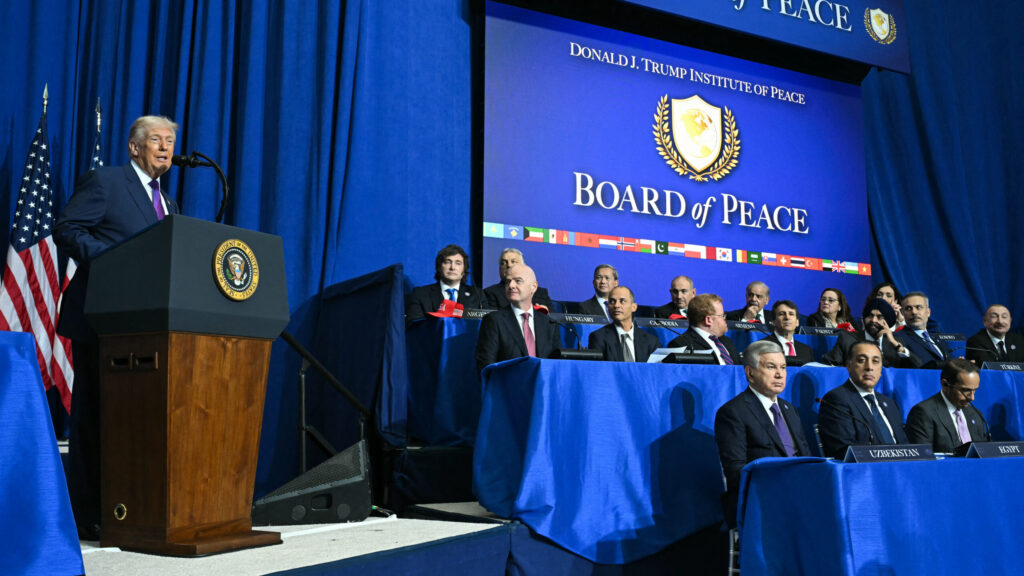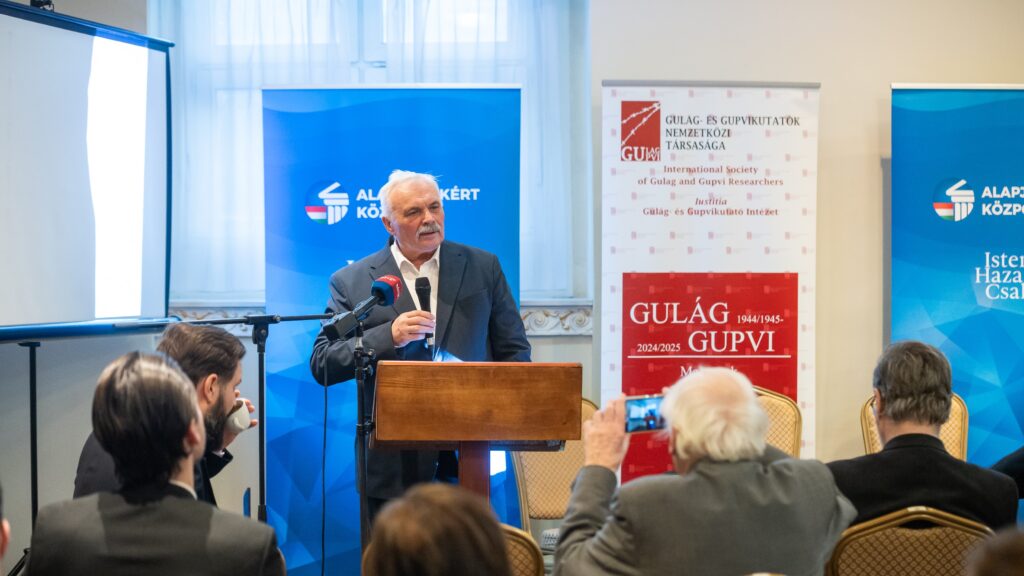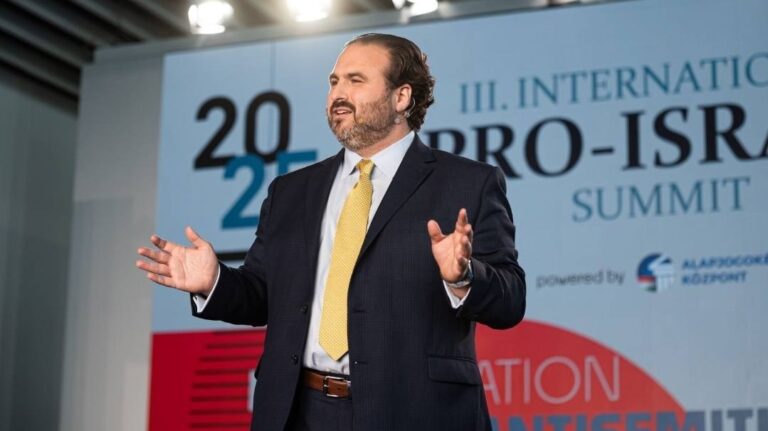Ophir Gore is the Senior Deputy Chief Economist for International Affairs at the Israeli Ministry of Finance. He holds a master’s degree in law from Tel Aviv University and has held a variety of positions within the Ministry of Economy and Industry. Gore served as Israel’s commercial attaché at the Israeli Economic and Cultural Office in Taiwan from 2008 to 2012, and as the Head of the Trade and Investment Mission to China in Israel’s Embassy in Beijing from 2014 to 2019. Between 2019 and 2024, he was the Head of the Diamonds and Dual Use Export Control Administration. His expertise encompasses international trade, energy innovation, and economic development.
***
What is Israel’s interest in participating in IMEC?
There is a huge Israeli interest in it for a few reasons. First of all, it’s a regional initiative, and we would always like to be part of regional initiatives. Our vision is to eventually have a stable peace in the Middle East with all of our neighbours. Even though, unfortunately, right now we don’t have peace, we believe there can eventually be a tool to achieve that peace. We’re talking about the first stage, perhaps an economic peace, but then the next stage would be an actual peace.
It’s interesting that you immediately started to talk about the geopolitical aspect of it, not the trade. What is the reason you didn’t begin by talking about the profits and the trade advantages?
By its geographical location, Israel serves as a land bridge, and no doubt, Israel would benefit from this project, I’m quite sure. I mean, we have ports, we have logistics services, we have very innovative companies.
‘Our vision is to eventually have a stable peace in the Middle East with all of our neighbours’
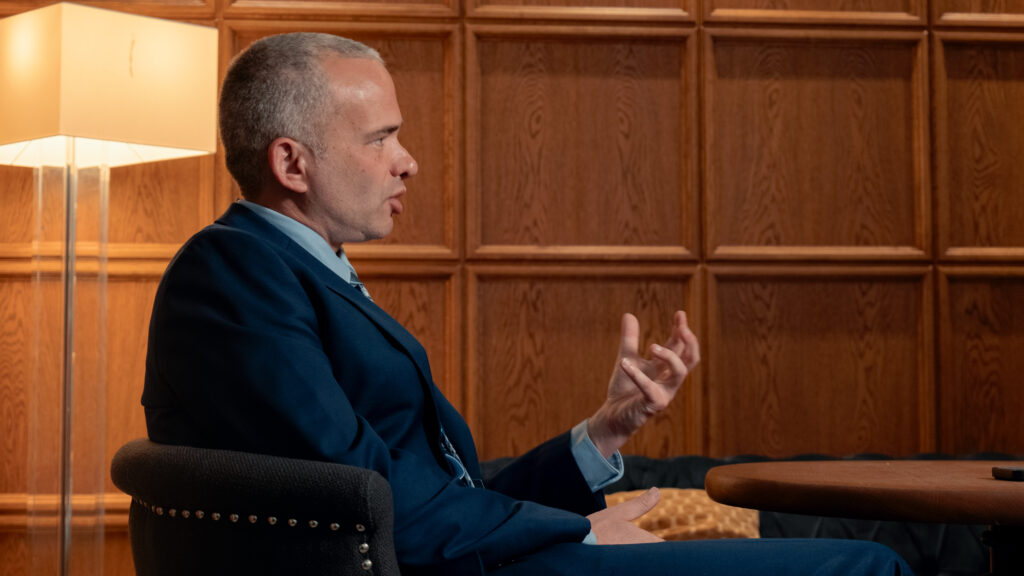
But, security is more important to you than profits, right?
Yes. We want to be part of the region. We want to be an integral part of the region. To achieve that, we have to get connected to our neighbours. This is why we don’t want to be left out. This is why we want to be an internal part of the region. Again, I’m not overlooking profits. They are important, and we want to ensure that Israeli companies also benefit from it. But the major interest, as I see it, is more geopolitical: bringing us closer and more integrated into our region.
If we see the economic aspect of the project first, is India very important for Israel as a market and as a partner?
Definitely. I was a commercial representative in China between 2014 and 2019, and I would say that was the golden age of China–Israel economic relations. China is still very important to Israel, after the US, it is our second-largest trading partner in terms of goods. But what we now see between Israel and India is similar to what I saw ten years ago between Israel and China. India is taking on a far more important role, and we also think it holds far more positive positions. Two large democracies that also face security challenges from their own neighbours. I’m returning to geopolitics again, but I’m also talking about the economic aspect. We see that the trade balance between Israel and India is becoming more significant, no doubt. India is one of the most important trade partners of Israel in Asia, and the numbers are rising. We’re talking about the defence issues as well, and we’re talking about any kind of goods, and definitely, services. So India is becoming more and more important economically for Israel.
‘What we now see between Israel and India is similar to what I saw ten years ago between Israel and China’
You mentioned the golden age of the China–Israel relationship. What happened to it? What can the Indians provide better than the Chinese?
I wouldn’t like to view it as a competition, because it’s not a competition. It’s not that we choose to go with the Indians, and now we neglect China. China is a superpower, and remains important—as I mentioned, China is still Israel’s biggest trade partner after the US.
But India is catching up.
India definitely is catching up. We also cannot ignore the trade war between China and the US, as well as China’s own internal policies. We have seen some changes in recent years. They have been quite active in investing money outside of China; they bought assets all over Europe and used to invest in buying companies. Around 2019, we noticed a decline, and then COVID hit. I do hope that eventually we will return to the golden years. Hopefully, we can have golden years with both China and India as well. There’s no reason we shouldn’t.
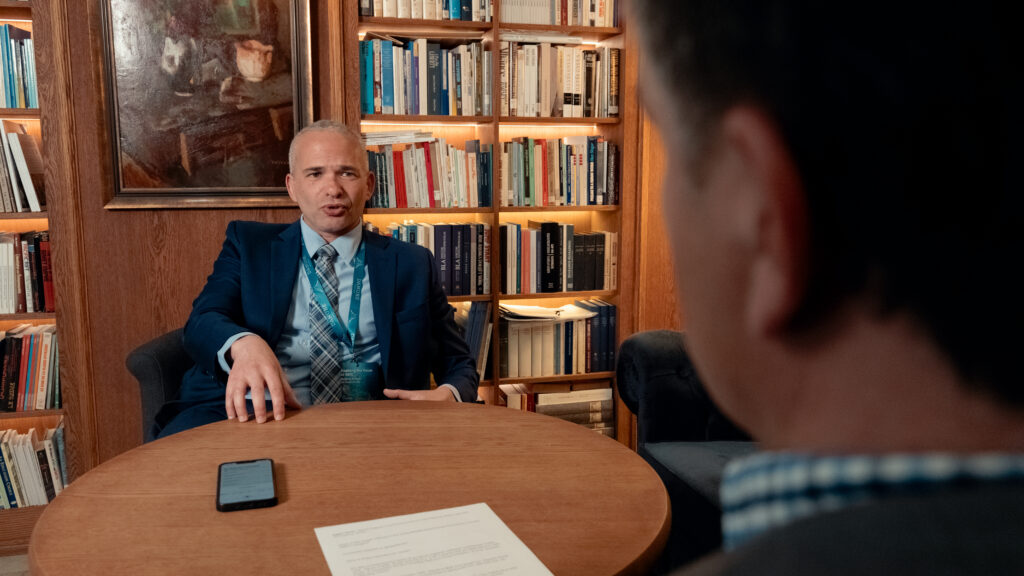
Don’t you think that IMEC very much looks like an alternative or a rival to the Belt and Road Initiative (BRI)? If so, isn’t it a partial decision for Israel to join IMEC wholeheartedly?
I don’t see it as a competition. It may be that the IMEC project was indeed intended to compete with BRI. But from my point of view, it doesn’t have to be that way. This can be complementary. I mean, for example, the UAE could be part of both BRI and IMEC. And there could also be separate roads for IMEC. Or why not create a few belts and a few roads within BRI? Eventually, if you’re an exporter, you’re a client and a customer, you would like to have few options, few alternatives, because then trade will be less expensive and more efficient. So, I think this is exactly where we should step in. We should give Israeli exporters and Hungarian exporters another option. I’m not afraid of competition; everyone can choose to work with us or with the Chinese Belt and Road Initiative. And later, perhaps they will come back to go with the IMEC, or explore another path that we are not yet aware of. I think we can look at this from a different angle.
We see other players participating in the IMEC project, in the Middle East, there are Saudi Arabia, the United Arab Emirates, and Israel. It’s a very interesting combination. The United Arab Emirates signed the Abrahamic Accords and recognizes Israel as a Jewish state; Saudi Arabia has not yet. Do you expect that through this cooperation, the Saudis might reconcile with Israel, so the IMEC can be a tool for this?
This is exactly how we see it. You know, before 7 October, according to the news, Israel and Saudi Arabia were on the verge of signing a normalization treaty. Unfortunately, that has not happened. By the way, it could be that Hamas saw that deal coming out soon, and perhaps for this reason, they decided to execute the terror attack. But anyway, right now, this is the situation, unfortunately, at this stage, we do not have a normalization with the Saudis.
‘I’m not afraid of competition, everyone can choose to work with us or with the Chinese Belt and Road Initiative’
I think we cannot wait. If we wait until all circumstances become perfect to create these kinds of projects, we could wait forever, and we could wait in vain. I think we need to act right now. We don’t have peace now, this is a kind of long-term project, but we hope to have peace soon. The IMEC can be an important tool for that. Let’s start the discussions about it. Without this, no one guarantees anything. Let’s see how we can communicate on this project together, starting with feasibility studies, so all parties can eventually see what they will gain from it. That’s an incentive to have peace. So, eventually, that’s a tool.
How can the IMEC project be effective? One expert said at the Danube Institute’s conference that it might be a 20-year project, since it takes time to build an infrastructure. What do you expect?
I think that’s indeed going to be a project that might take years, but we will not have to wait 20 years. At the initial stage, we can do many things, we might see the first results in perhaps even one or two years, when we’re talking about customs or regulations.
‘We hope to have peace soon. The IMEC can be an important tool for that’
Definitely, building thousands of railway systems will take time. But when we talk about data connectivity, standardization, or customs, we don’t really need to wait many years to solve them. This is a decision that can be made in just a few weeks. that can be made in just a few weeks.
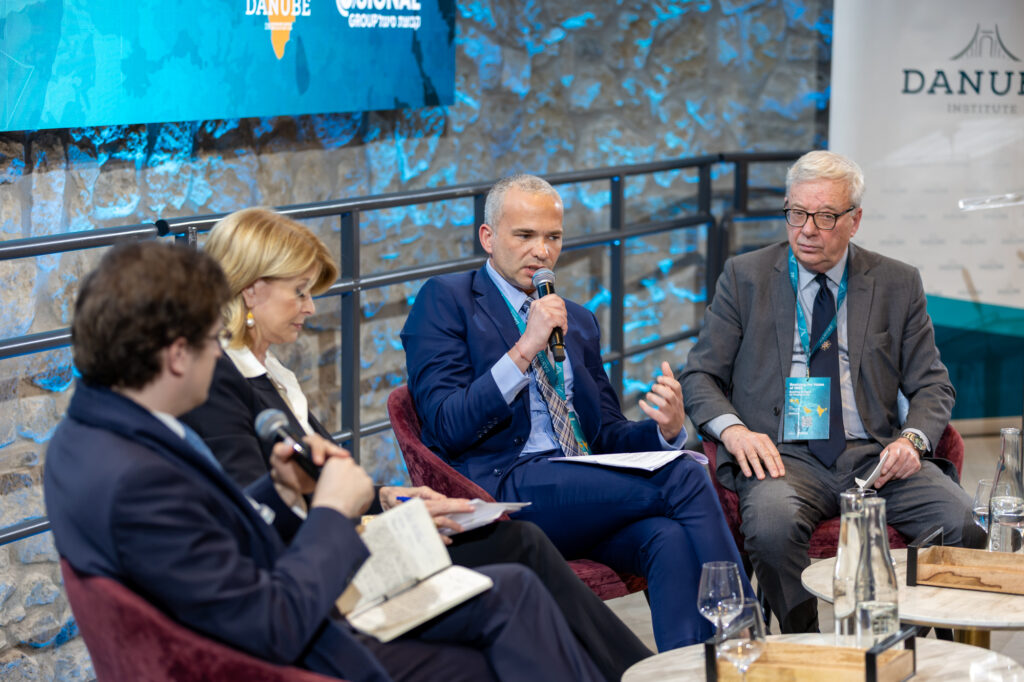
My last question is about Hungary, because the government has a strategy called connectivity—they use this notion in the sense of building bridges between East and West, trading with China, Russia, America, and Israel, while having a strategic relationship with Israel and good relations with Arab states. Is it a wise strategy?
Definitely. I would not force you to choose. Of course, we have rivals like Iran or Lebanon—hopefully Syria is not going to be part of this bloc soon—, so we would not like any kind of connection with them, even though we do understand that there are some countries with their own differing interests. But eventually, having open connections with everyone will create a better geopolitical atmosphere that enables everyone to communicate. You have economic ties with Russia, so you can moderate between Russia and other partners, and the same applies to China. This is why I don’t see the IMEC as a zero-sum game. It’s not ‘either IMEC or BRI’. No, let’s have both IMEC and BRI.
‘Having open connections with everyone will create a better geopolitical atmosphere that enables everyone to communicate’ President Trump struck a deal with China about tariffs, and hopefully, they will sustain this type of deal. I think this is a good sign that we don’t have to choose. If the Americans are allowed to strike deals with China, why shouldn’t Hungary and Israel? So as long as there is no open rivalry, I consider this strategy a good one. Unless the US comes to force us to choose a side, I guess the decisions of Israel and Hungary will be quite obvious.o force us to choose a side, I guess the decisions of Israel and Hungary will be quite obvious.
Related articles:


